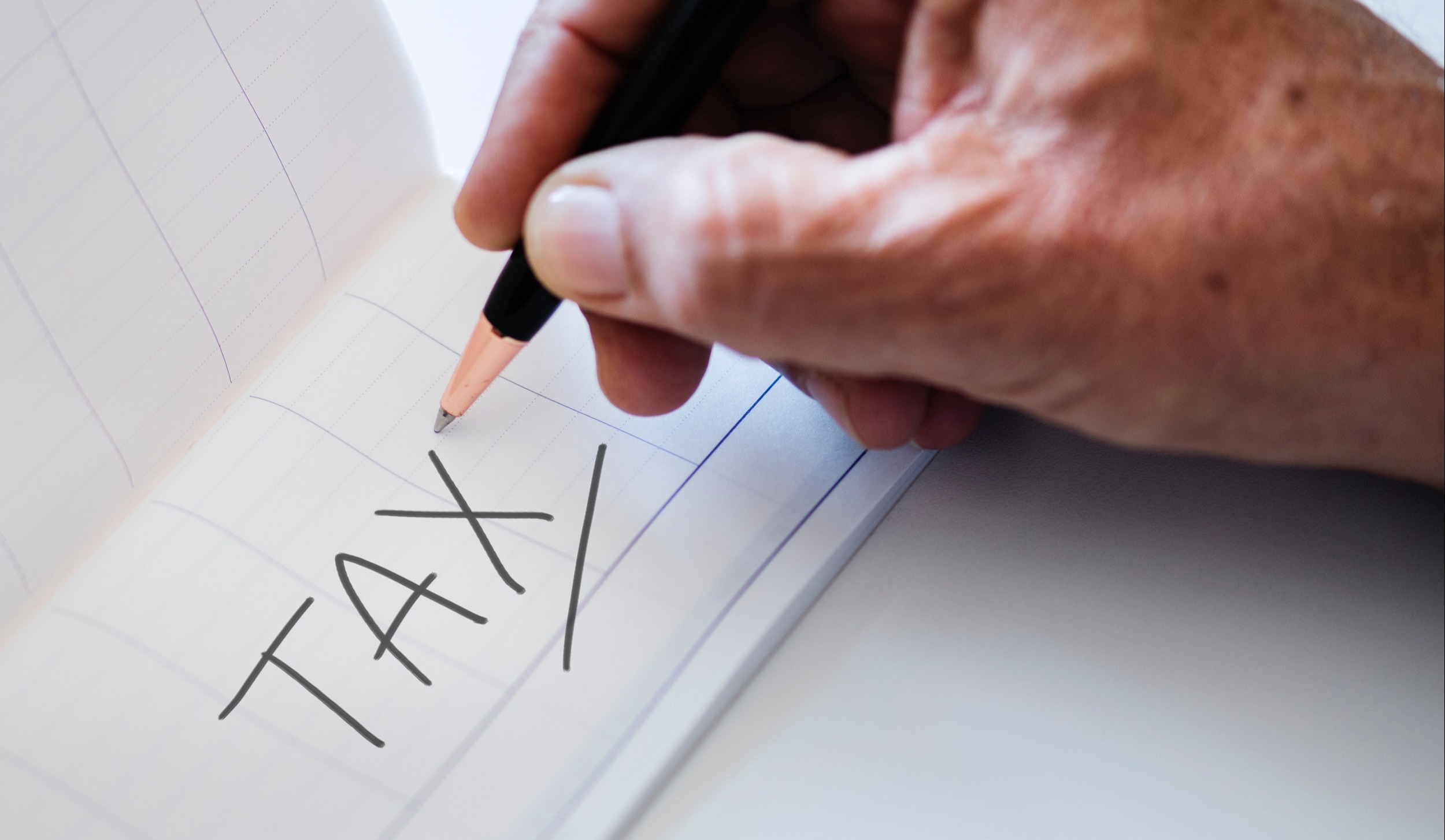Did you know you can save money on fees, build a good credit history, and reduce the amount of stress you feel about your finances just by taking a few small steps toward better organization?
 Here’s how to organize your finances to help you reach your goals:
Here’s how to organize your finances to help you reach your goals:
Check your budget more frequently
Budgeting doesn’t have to be painful or restrictive. A budget is simply a set of instructions that tell your money what to do. You create it, so it’s in your best interest to check it for any needed adjustments or to make sure you are on track.
If you don’t have a budget, now is a great time to make one. Write down your bills in one column and your income in another column. Add them up. If you don’t have enough money to cover your bills, you either need to increase your income or reduce your spending.
If you have money left over after you pay your bills, decide how it could best serve your financial goals. Ready to set up a vacation fund? Are you saving for seasonal expenses? It’s your money, so tell it what to do.
Put your bills in one place
It’s easy to forget a due date and get stuck paying a late fee if you have paper bills in several places and electronic bills buried in your email inbox.
If you receive bills electronically, save a copy in a folder on your computer that you can get to easily. Label the files with the name of the company and a date that’s a few days earlier than the actual due date. Bills that come via mail should be kept together. Try keeping a mail station with your bills, envelopes, stamps, and pens near the most frequently used door in your home.
Keep your budget with the bills so you can note the due date. Late fees add up fast. Avoiding even one $35 late fee or overdraft charge every month adds up to $420 in savings each year.
Pay your bills right away
You should pay your bills as they arrive. Make sure you don’t have other automatic payments or pending charges that could trigger overdraft fees.
Verify direct deposits on payday
Most people have their paycheck directly deposited into their bank account on payday because it’s convenient. Don’t let a late deposit due to a bank holiday or payroll mistake cause an avalanche of overdraft fees, though. Get into the habit of checking your bank account on payday to make sure the deposit from your employer arrived on time.
Financial organization doesn’t have to be time-consuming. In fact, just a few small changes to how you do things now could save you a lot of money and aggravation down the road.
Learning to manage a budget becomes a fairly simple task with a bit of practice. Take a look at The Basics of Budgeting to get started.









